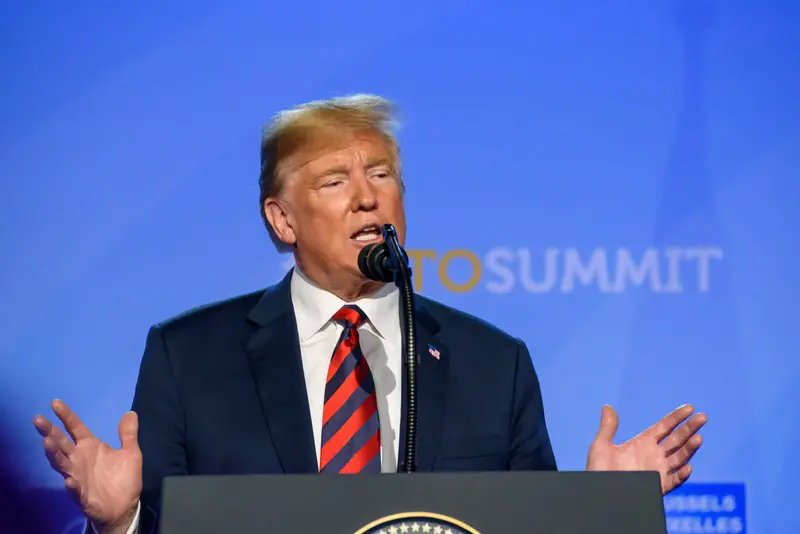On Monday, February 3, 2025, President Donald Trump signed a comprehensive executive order aimed at Iran, simultaneously announcing that he had left clear directives for Iran to be “obliterated” should he be assassinated, thereby intensifying the strained relations between the two countries.
“I’ve left instructions. If they do it, they get obliterated; there won’t be anything left,” Trump declared during the White House signing ceremony. His comments followed the U.S. Justice Department’s disclosure of a foiled Iranian plot to assassinate him before the 2024 presidential election.
Since Trump’s 2020 directive to assassinate Iranian General Qasem Soleimani, leader of the Islamic Revolutionary Guard Corps’ Quds Force, federal authorities have been keeping a close watch on threats from Iran against Trump and other former officials of his administration.
The newly enacted executive order instructs cabinet secretaries to take various actions against Iran, including imposing additional sanctions, amending existing sanctions waivers, and limiting technology transfers that could potentially be used for military ends.
Will Scharf, senior policy adviser to Trump, clarified that the memorandum is aimed at exerting maximum pressure on Iran via targeted sanctions and rigorous oversight of its activities. He stressed that the main objective is to impede Iran’s nuclear plans and restrict its financial and logistical backing for terrorist groups.
The Biden administration maintained a vigilant eye on potential threats throughout its tenure, with high-ranking U.S. officials actively communicating with Iranian leaders to address concerns. A White House official privy to these discussions underscored that any attempts to target or harm a U.S. citizen, including former government officials, would elicit swift and serious repercussions from the United States.
Trump’s contingency plan resembles the United Kingdom’s “letters of last resort,” which are classified directives provided to British nuclear submarine commanders in the event of a devastating attack on the country. Military analysts propose that such measures serve as deterrents against prospective aggressors.
Iranian officials promptly reacted to Trump’s cautionary message, labeling his statements as “provocative” and affirming their entitlement to seek legal redress for Soleimani’s assassination. The Justice Department has recorded several purported Iranian plots against U.S. officials, inclusive of a November 2022 plan involving an Iranian named Farhad Shakeri.
The executive order directs the Treasury Department to institute new enforcement mechanisms targeting Iran’s financial networks and instructs the State Department to strive toward diminishing Iran’s oil exports to zero through diplomatic means and sanctions.
According to officials from the Trump campaign, U.S. intelligence services have pinpointed what they describe as “real and specific threats” emanating from Iran. In July 2023, Trump survived an assassination attempt at a rally in Pennsylvania, but investigators have not established a connection to Iran.
Since February 2025, U.S.-Iran relations have deteriorated significantly following President Trump’s executive order restoring “maximum pressure” sanctions. Tensions escalated dramatically in late March when Trump threatened military action against Iran’s nuclear program, warning that “if they don’t make a deal, there will be bombing like they have never seen before.”
This provoked immediate backlash from Tehran, with Iranian officials condemning the threat as a violation of international law. While Iran has rejected direct negotiations with the U.S., they have expressed willingness to engage in indirect talks through Oman.
In early April, Iran issued warnings to neighboring countries hosting U.S. military bases that any support for potential American strikes would be considered hostile acts with severe consequences.
Despite the hostile rhetoric, diplomatic channels remain open, with Iran reportedly seeking to negotiate during a two-month window before risking potential Israeli military action.











